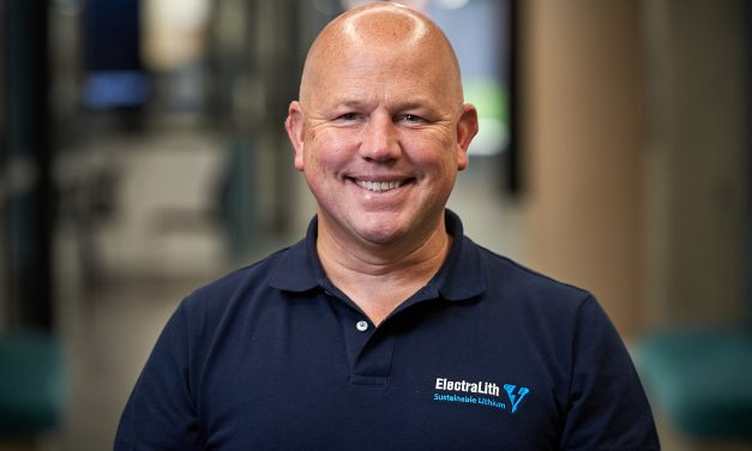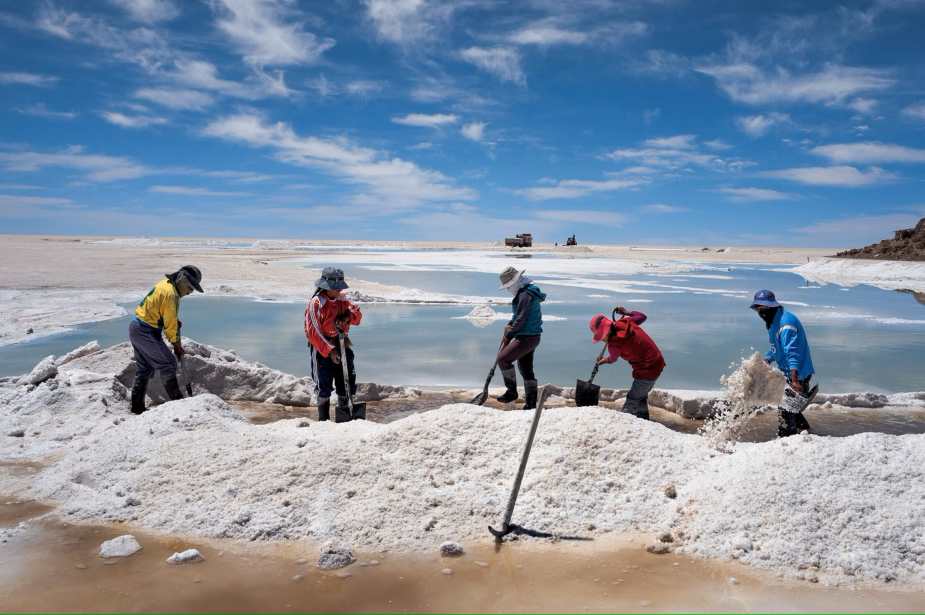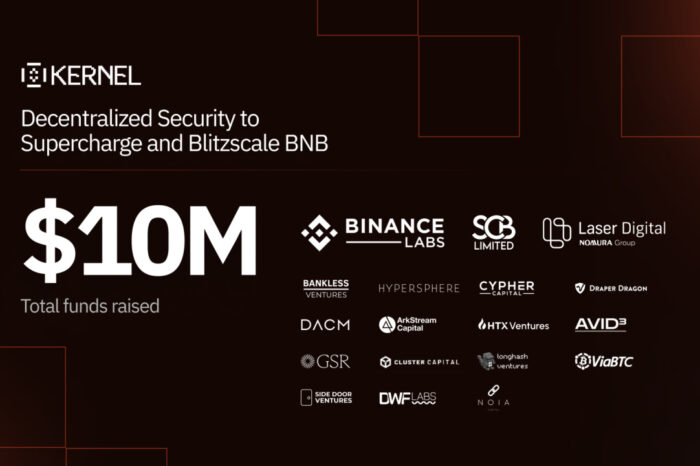ElectraLith, a Rio Tinto-backed tech startup, nears $17.9M second funding round amid lithium market struggles

With an estimated 85 million electric vehicles (EVs) expected on the road by the end of 2025, the demand for lithium is set to surge. However, traditional methods of lithium production come with significant environmental costs. These approaches require large amounts of water, depleting local resources and often contaminating them with chemicals. That’s not all, the land disruption caused by open-pit mining, combined with the energy-intensive nature of the process, contributes heavily to a growing carbon footprint.
Enter ElectraLith, a Melbourne-based tech startup aiming to solve these challenges with its sustainable lithium extraction process known as Direct Lithium Extraction (DLE). Unlike traditional methods that depend on evaporation and mineral concentration, DLE extracts lithium ions directly from lithium-rich solutions without requiring water or chemicals. This groundbreaking approach has the potential to turn arid regions into thriving lithium production hubs.
This innovative technique eliminates the use of water and chemicals, making it viable for arid regions and offering a sustainable alternative to conventional methods. Unlike the traditional evaporation and mineral concentration process, DLE selectively extracts lithium ions from lithium-rich solutions. Now, the company spun out of Monash University and backed by Rio Tinto, is looking to scale its operations globally.
Today, ElectraLith announced plans to finalize a funding round of A$27.5 million ($17.9 million) in the coming week to scale its operations globally, Reuters reported, citing CEO Charlie McGill.
The funding comes amid a challenging period for EV battery startups, many of which are struggling to survive. Just last week, Northvolt, once hailed as the beacon of Europe’s electric car revolution, filed for bankruptcy after exhausting billions in funding.
Despite the challenges facing the global lithium market, McGill expressed optimism, highlighting the positive response from investors, noting the round is oversubscribed—a strong vote of confidence in the company’s vision.
“The lithium market is not great, venture capital markets aren’t great, [so] the fact we are about to close this round with an oversubscribed investor base … for us that’s fantastic,” CEO Charlie McGill told Reuters.
ElectraLith’s filtration technology can extract lithium from brine deposits without relying on water or chemicals, which is critical for regions like Chile’s Atacama Desert. The process is energy-efficient and positions the company as a leader in sustainable lithium production.

Direct Lithium Extraction (DLE) has the potential to reshape the lithium industry by drastically reducing production times. Traditional methods, which can take months, are replaced with a process that completes in hours or days. This efficiency is expected to drive the industry’s growth to over $10 billion in annual revenue within the next decade.
ElectraLith’s proprietary DLE-R process filters brine through two membranes to extract lithium, converting it into lithium hydroxide. The remaining brine is then reinjected into the aquifer. The company is now focused on scaling its technology for large projects while retaining its efficiency and reliability.
The funds raised will support the construction of ElectraLith’s first pilot plant at Rio Tinto’s Rincon operations in Argentina, which McGill says is about a year from completion. Two additional pilot plants are planned as the company scales its operations. ElectraLith’s ownership is shared among venture capital firm IP Group, Rio Tinto, and Monash University, where the membrane technology was developed under Professor Huanting Wang.
By producing lithium hydroxide at around half the cost of competitors and without using water or chemicals, ElectraLith aims to offer a competitive edge. McGill emphasized the importance of this breakthrough, especially in regions where water scarcity is a critical issue.
In Utah, for instance, where ElectraLith is working with Mandrake Resources, securing water permits is nearly impossible due to the demands on the Colorado River basin, which supplies cities like Las Vegas and Los Angeles. “You can’t get a water permit,” McGill noted. “So we show up and we are like, ‘We don’t need water.'”
ElectraLith’s approach could redefine lithium production, paving the way for a more sustainable and efficient future in EV battery manufacturing.




